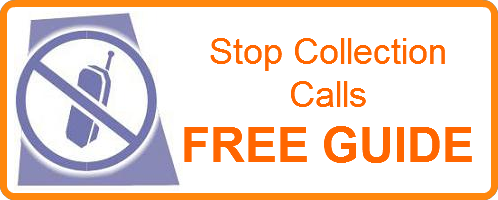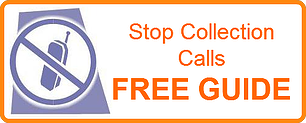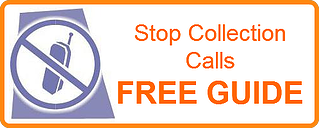We get dozens of calls each year around tax time asking about the 1099-C IRS form.
If in the last taxable year you or a Debt Settlement Company had negotiated a settlement on one of your unsecured accounts, you will most likely receive a 1099-C form if the amount was over $600.
Unfortunately, many tax preparers don't know how to have settled or forgiven amount excluded from taxable income.

The most important question is:
"At the time of forgiveness (IRS term for settlement), were you INSOLVENT?"
What is INSOLVENT?
In IRS Form 4681, it gives the typical, a little hard to understand explanation of what the IRS deems INSOLVENCY to mean.
Basically, if your total assets are less or equal to your total liabilities, then you were INSOLVENT at the time of forgiveness and therefore the forgiven amount is excluded from additional taxable income.
What do you need to do?
List all of your assets:
- Equity in your home
- Equity in you car or cars
- Cash in the bank or retirement accounts
- Net value of any other property (rental, furniture, jewelry, collections, etc.)
List all of your liabilities:
- mortgage you still owe (maybe a 2nd as well)
- Amount you still owe on your car or cars
- All of your unsecured debt (including the final balance of the debt forgiven.
- All loans, student loans, medical bills outstanding, etc.
Subtract the total liabilities from total assets.
If you are equal or negative, then you were INSOLVENT at the time of the settlement or forgiveness and therefore the amount WILL NOT BE INCLUDED AS TAXABLE INCOME.
When you mail your tax form, you will include:
- A brief (brief) statement that you were INSOLVENT at the time of the settlement and that this amount should be excluded from taxable income.
- Copy of your Assets vs. Liabilities
- IRS Form 982
You can get a copy of IRS Form 982 by clicking here.
Put your name and Social Security number in the boxes at the top.
Check the box in Part 1, 1-b that states, Discharge of indetedness to the extent insolvent (not in a title 11 case).
That should do it.
If you would like more information about the IRS's definition of INSOLVENTCY, see IRS Form 4681, page 5.
If you feel overwhelmed and need some FREE ADVICE, or you need more help with the 1099-C, please click on our FREE DEBT SUMMARY link.
photo by: Horia Varlan







 times of our history.
times of our history.

 If I just make the minimum payments due on my credit cards, will I ever pay them off?
If I just make the minimum payments due on my credit cards, will I ever pay them off?






